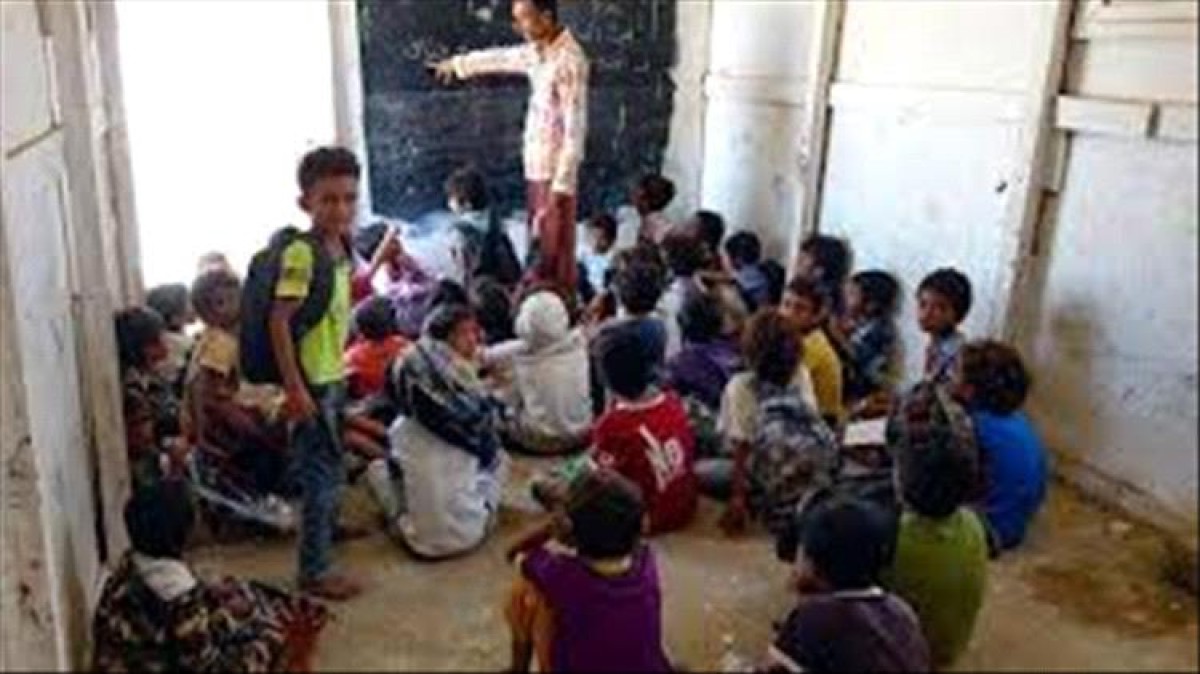UNICEF warns: 6.2 million Yemeni children are in urgent need of educational support


The International Organization for Migration revealed today that at least 462 African migrants have died on the sea crossing between Yemen and Djibouti since the beginning of this year.
The organization said in a statement that at least 462 deaths and disappearances of migrants have been reported crossing the sea between Djibouti and Yemen so far this year, and another 90 deaths of migrants have been documented along the eastern route in 2024, noting that Many people are likely to remain missing and undocumented.
She added that the organization is working to expand the scope of the Voluntary Humanitarian Return Programme, providing stranded migrants with a safe and dignified path to return to their homes, at a time when more than 6,300 migrants arrived in October according to the International Organization for Migration’s Displacement Tracking Matrix.
She explained that she had organized 30 charter flights so far in 2024, including a flight on December 5 from Aden, which safely transported 175 migrants to Ethiopia, noting that these initiatives helped nearly 4,800 migrants voluntarily return to their homes. This year, which provided them with a new beginning and an opportunity to rebuild their lives after enduring very difficult circumstances.
Abdul Sattar Esoyev, IOM Chief of Mission in Yemen, said: “These flights are not just a means of transportation; they represent hope, dignity and safety for those who are stranded and facing great difficulties. However, the increasing demand for these services requires commitment.” Stronger than the international community, we urgently need funding to ensure these essential operations continue uninterrupted, and to provide a safe path for the thousands of migrants who remain stranded across Yemen.”
According to the organization, migrants in Yemen suffer from severe deprivation, with limited access to food, health care, and safe shelter. Many of them are forced to live in temporary structures or sleep on the streets, and resort to begging in order to survive. This extreme vulnerability leaves them vulnerable to... of abuse, exploitation and gender-based violence.
She noted that the journey to Yemen imposes additional risks, as many migrants fall victim to smugglers who promise them safe passage but often expose them to serious risks, and these risks continue even for those who attempt to leave Yemen.
Isoyev said: “As the year draws to a close, IOM is urgently appealing for additional funding to support its program of voluntary returns to Yemen. Without this support, thousands of migrants will continue to endure severe hardship with limited options for safe return. Stronger cooperation On the part of the international community and the authorities is essential to maintain these life-saving interventions and prevent further loss of life.”